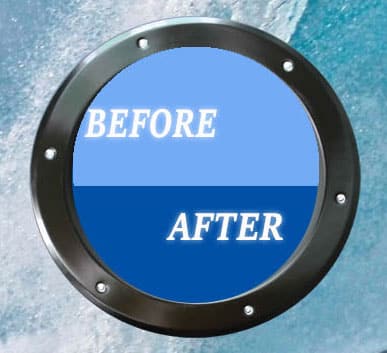The Smart Angler’s Guide to Buying a Used Bass Boat
Purchasing a used bass boat can be a great way to save money while still getting a boat that meets your fishing needs. However, navigating the market for used boats can be tricky. Here are vital factors to consider that will help you make an informed decision and choose a reliable, waterworthy vessel.


